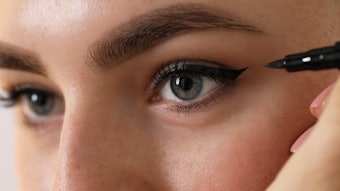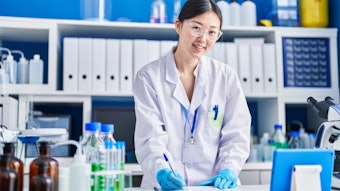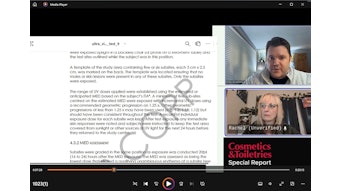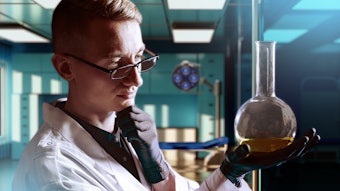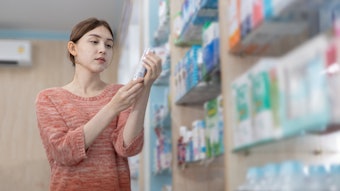Today, March 11, 2009, two bans enter into force concerning animal testing related to cosmetics products in the European Union. According to Colipa, both bans were decided in 2003 in the context of the Cosmetics Directive (76/768/ECC), which, amongst other purposes, aims to ensure the safety of ingredients used in cosmetic products.
The first ban concerns testing on animals to assess the safety of ingredients. The cosmetics industry has been working to replace these tests for years. A second ban prohibits the sale of cosmetic products containing ingredients tested on animals. This ban is progressive until it becomes a complete ban in March 2013 taking into account scientific progress being made regarding certain complex safety tests for which alternative methods do not yet exist. This presents a tremendous scientific challenge that the industry will continue to contribute significantly towards.
The European Commission reports it will assess the state of scientific progress at the latest in 2011. “Our industry’s commitment to replacing animal testing stretches back long before bans were put in place," said Bertil Heerink, director general of Colipa, in a press announcement. "We play a leading role in the development of new alternative methods and will continue to work together with other key partners, in order to move towards the goal of replacing animal testing completely.”
Over the past decades, the cosmetics industry has invested significant resources in finding alternative methods of safety testing. As a result, the industry stopped testing finished cosmetic products on animals well before this became mandatory. The cosmetics industry knows that achieving progress in the development of alternatives to animal testing requires close collaboration with many stakeholders. This is why the cosmetics industry works together with other industrial sectors and the European Commission in the European Partnership for Alternatives to Animal Testing (EPAA), as well as with scientists around the world.
According to Colipa, the cosmetics industry remains firmly committed to finding alternative methods of safety testing and to replacing animal testing completely. Therefore, it has launched a major joint research program together with the European Commission in order to develop alternative test methods in a wider area of safety evaluation of ingredients (the so-called systemic toxicity program). It has dedicated 25 million EUR, which is matched by by the European Commission to make a total of 50 million EUR. This is just one example of the many research programs that are ongoing to replace animal testing completely.



